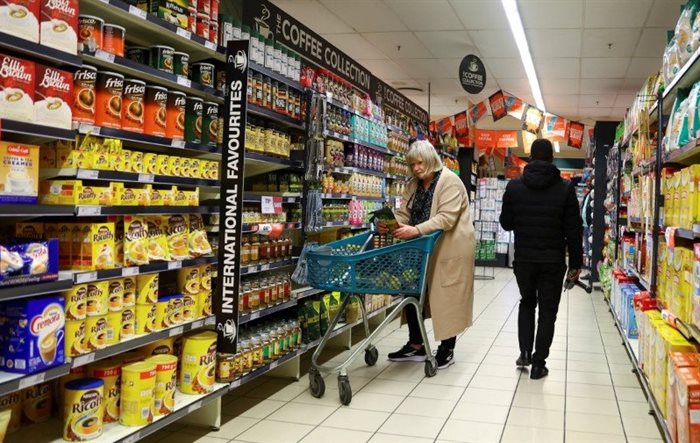
The largest positive annual growth rates were recorded for: retailers in food, beverages and tobacco in specialised stores (28.5%); retailers in textiles, clothing, footwear and leather goods (13.9%); and general dealers (8.2%). On the opposite end, hardware material sales continued to slide, recording -3.0% y/y, in line with the waning home-improvement drive. This is the only category that registered an annual decline.
"The large annual increase in sales volumes is primarily due to base effects, induced by the July 2021 riots, notes FNB senior economist Siphamandla Mkhwanazi.
Seasonally adjusted retail trade sales decreased by 0.1% in July 2022 compared with June 2022. This followed month-on-month changes of -0.4% in June 2022 and -1.6% in May 2022. In the three months ended July 2022, seasonally adjusted retail trade sales decreased by 1.3% compared with the previous three months.
"The loss of momentum in monthly sales volumes, which is more informative given the base effects, is consistent with mounting pressure on consumer discretionary incomes due to rising interest rates and a higher cost of living.
"The month of July saw fuel prices increasing by R2.57, the biggest margin on record. This would have adversely affected consumer sentiment and their ability to spend on other goods. Nevertheless, year-to-date retail sales volumes are still 2.9% higher compared to the same period in 2021," says Mkhwanazi.
He concludes, "Resilience in consumer spending has been underpinned by robust growth in non-labour income, a continued drawdown on savings accumulated during lockdown, as well as a lift in consumption credit uptake. Nevertheless, consumers are confronted by higher prices, rising interest rates, and slow growth in employment, which could ultimately dampen the recent spending resilience."